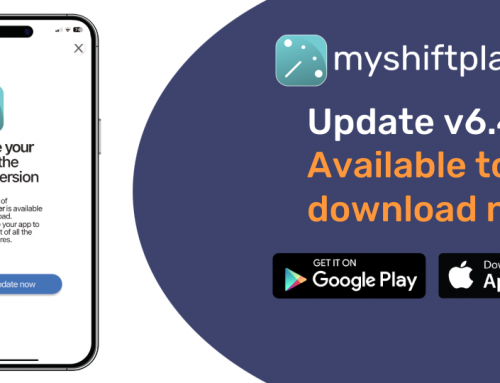Going into shift work? Good luck!
It can be a tough working experience, with long shifts, alternating patterns and unsociable hours. It’s no wonder that so many shift workers end up with bad health and bad habits!
It may be that your career path will always involve shift work, or maybe it’s a lifestyle choice that is taken to suit your circumstances. Or perhaps shift work is just the only work out there. Whatever you reason, there are some basic employee rights to be aware of and some expectations your employer should make clear. These rights extend to the UK but may be relevant in other countries too.
Getting a Shift Pattern
Doing shift work, you’ll be given an appropriate shift pattern. Your shift pattern will match the specific needs of your organisation. There are many conventional shift patterns you might follow, such as:
- Days only
- Nights Only
- Alternating Days/Nights
- Continental 2/2/3
- Days/Nights/Off
- Alternate Early/Late
Terms and conditions of employment
If you are working night shifts, or employed on Sundays, your employer will need to comply with the rules for working hours as set out in the Working Time Regulations (WTR).
These should include:
- At least 11 hours of rest per day
- At least one day off per week (or two days off per fortnight)
- A rest break of at least 20 minutes (paid or unpaid) if a working day is longer than 6 hours
For a full run down of the employer’s guidelines for shift work see here.
When working nights, there needs to be adequate provision of safety, such as a specific night shift fire-evacuation procedure, which might be different from the day shift. Often there are additional security arrangements for night shifts too, but your employer should inform you of any specific requirements for your shift.
Good Practice for employers
Although not proscribed by law, many organisations offer rewards for working outside normal hours, or what is regarded as working antisocial hours. Employers are not required by law to do this, but sometimes will do so, to help recruitment and retention and to improve morale and productivity.
There are plenty of employers who follow a “good practice” procedure with shift workers who have to work unsociable hours, like night shifts or Sundays. These might include:
- Providing fresh food and refreshment facilities
- Giving reasonable notice periods when changing shift patterns
- Supporting shift workers with advice and additional information to help them maintain healthy lifestyles
- Taking shift workers preferences into account when organising shift work
These aren’t all required by law, but they help to make a better working environment and are definitely something to look out for when taking on shift work.
Getting paid for unsociable hours
There are a variety of ways you might be paid if you work unsociable hours or out of normal hours. These might include:
- flat-rate allowances per hour, shift or week, in addition to basic day rates
- basic rates of wages with shift workers getting a higher rate than day workers
- paying a standard annual amount to all employees working that particular shift
- extra allowances for hours worked outside the normal daily hours
Be Prepared for Changes
The key to surviving shift work is to be flexible. Your type of shift work might be fixed or rotating system. If shifts rotate, these might be ‘backwards’ (nights, afternoons, mornings) or ‘forwards’ (mornings, afternoons, nights). Shift patterns are usually changed depending on the team numbers, type of work involved, or many other requirements.
If you are flexible, you will be able to cope with the changes. But remember that there are plenty of resources out there to help you.
Shift Workers Support Each Other
One thing you will find, is that shift workers support each other. This is especially the case when you’re all trying to survive the nightshift together. There are lots of resources out there to help you get through. Including plenty of advice on healthy eating, healthy sleeping and how to look after yourself outside your shifts.
Try My Shift Planner
My Shift Planner is designed to help make shift working easier and is a free tool that helps you organise and plan your life around your shift work.
With colour-coded shifts on a clear designed-for-purpose calendar, it’s easy to set up and keep yourself updated with when you’re on, when you’re next off, and when you can arrange holidays and those important social occasions. Manage your Shift Pattern is fast and easy, the app supports almost any type of pattern and is fully customisable shift types to suit your job.
Download My Shift Planner today, to help you manage your shift work.






